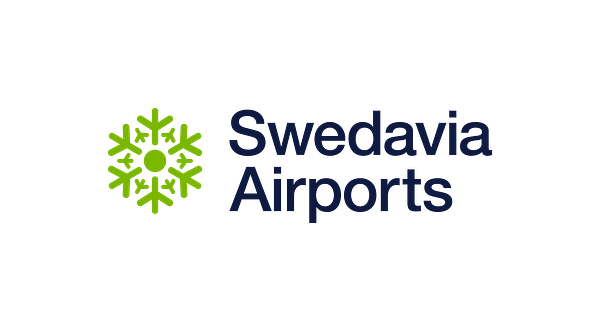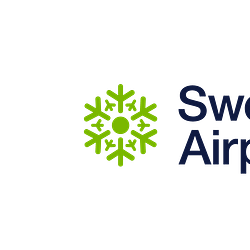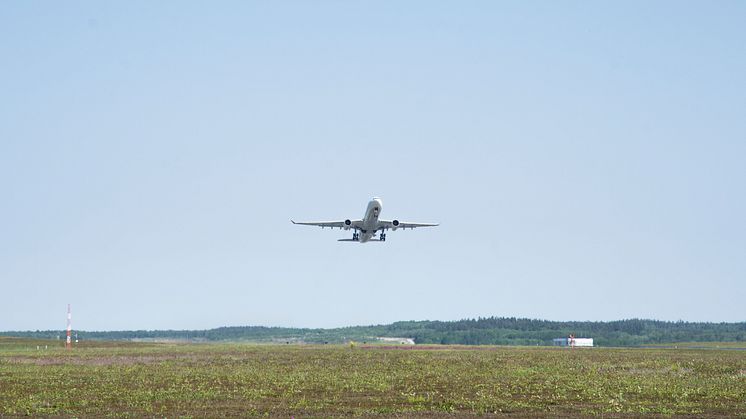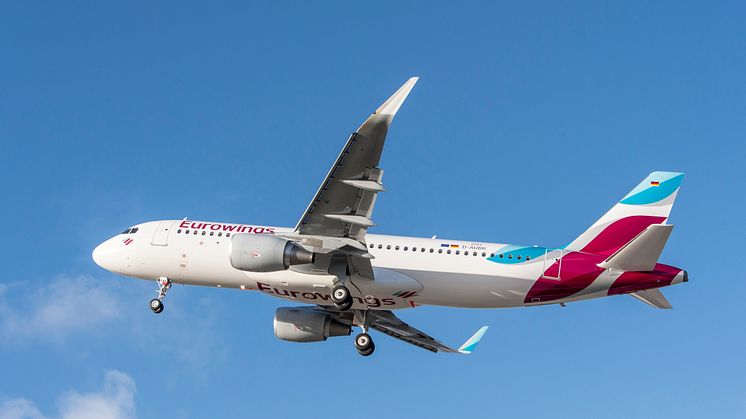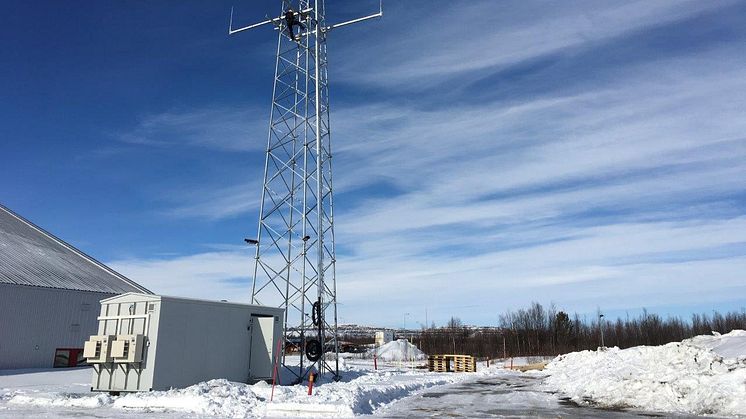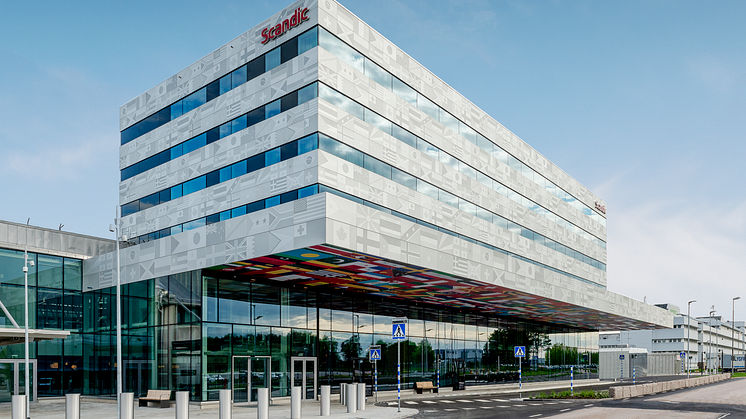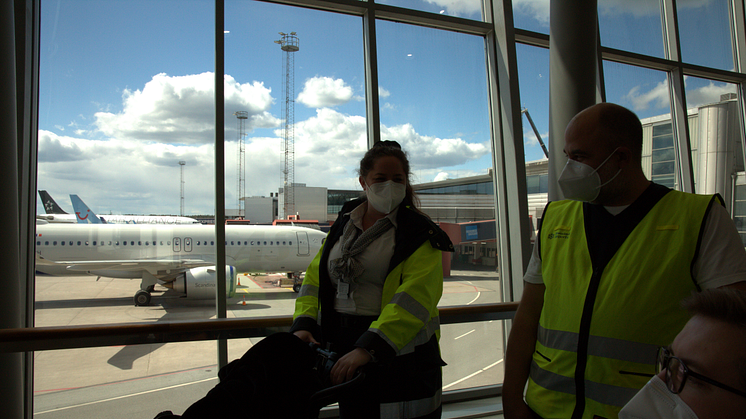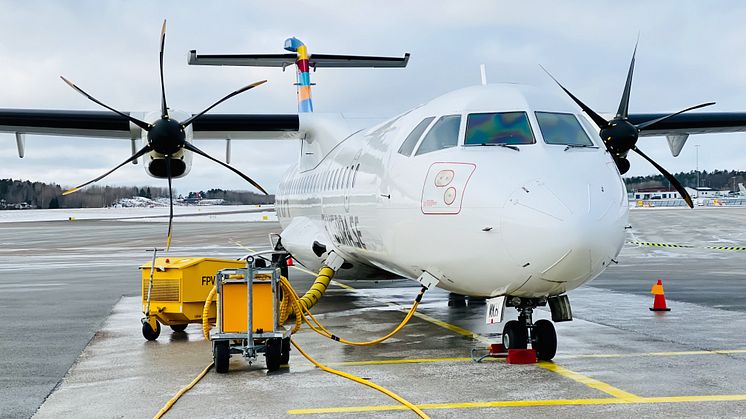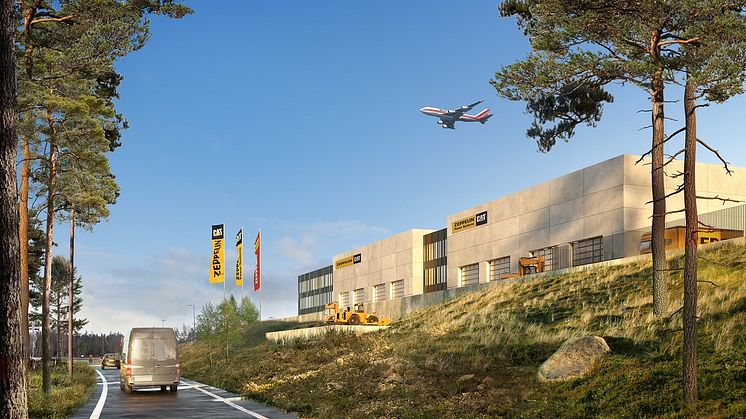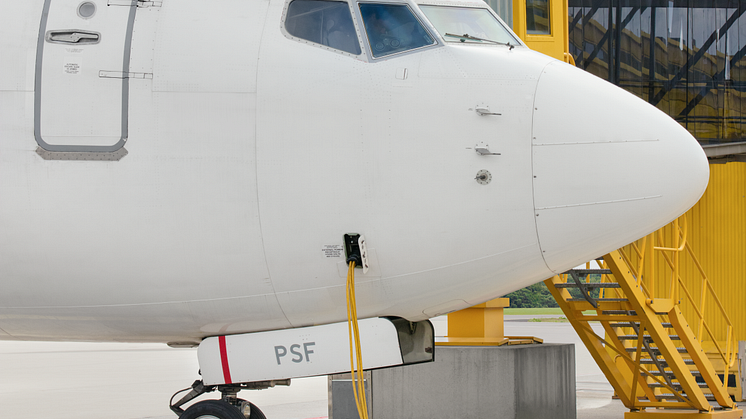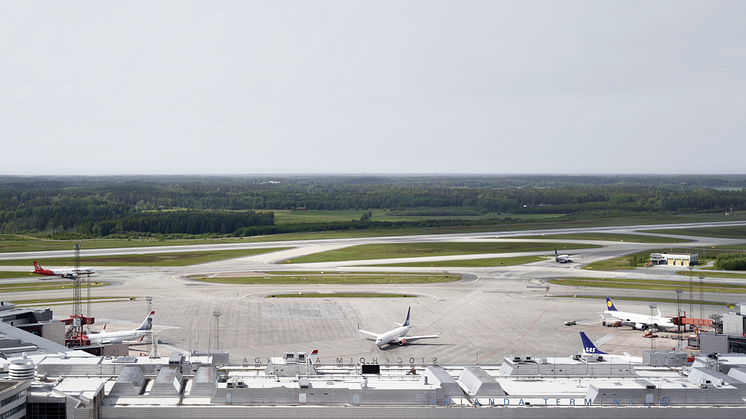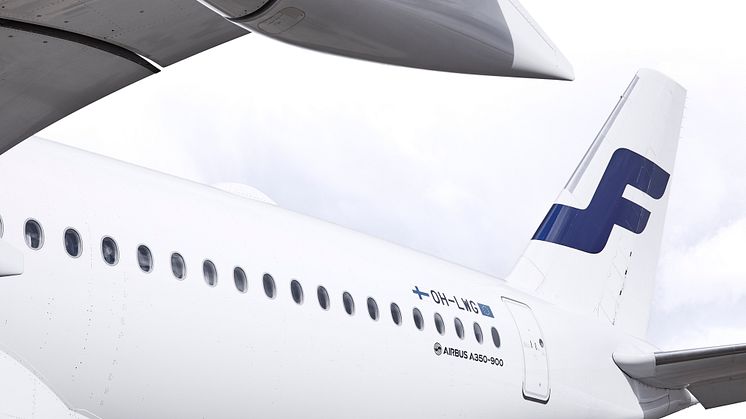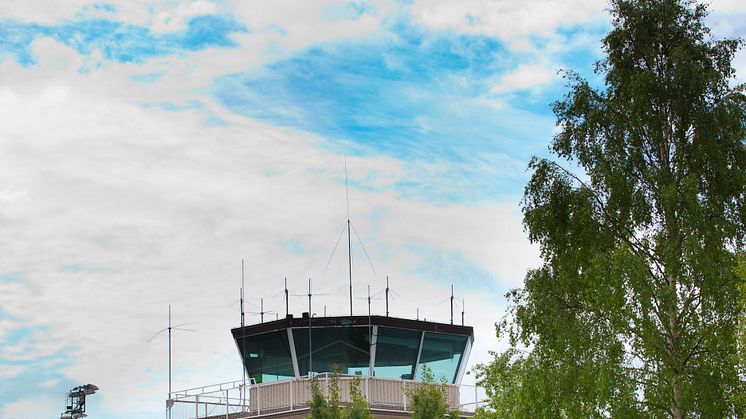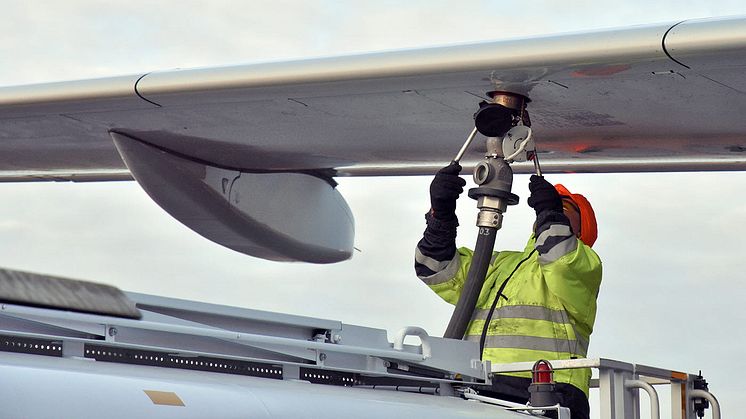
Press release -
Swedavia’s investment in sustainable aviation fuel continues – six partners included in this year’s procurement
For the second straight year, Swedavia has invited a number of companies and other organisations to take part in a coordinated tender for sustainable aviation fuel in an effort to reduce fossil carbon dioxide emissions from its own air travel for business purposes. Participants in this year’s tender are the national emergency assistance services company SOS Alarm, the Port of Gothenburg, the Swedish coalition for decarbonisation the 2030 Secretariat, and the county administrative boards of Västernorrland and of the Counties of Halland and Gotland.
Aviation is essential for many companies and organisations. It is just as important to be able to travel with as much climate efficiency as possible. Swedavia has therefore extended an invitation to other companies and organisations to take part in a coordinated tender every year since 2019, which enables participants to obtain sustainable aviation fuel through a coordinated tender agreement arranged by Swedavia. The aim is for more companies and organisations to reduce fossil carbon dioxide emissions from their own air travel for business purposes and to promote large-scale production of sustainable aviation fuel – which is important for the aviation industry’s transition to sustainable operations in the face of climate change.
“Aviation generates great value by enabling people to travel long distances in a time-efficient way. At the same time, the entire transport sector, including aviation, needs to be carbon-neutral in the long term. The companies, organisations and public bodies taking part in this tender reduce emissions from their own air travel for business purposes and counter prejudice about air travel by showing that it is already possible today to fly almost lifecycle carbon neutral,” says Jonas Abrahamsson, president and CEO of Swedavia.
This year the Port of Gothenburg, SOS Alarm, the county administrative board of Västernorrland, the county administrative boards of the Counties of Halland and Gotland, and the Swedish 2030 Secretariat are taking part in the tender. This is twice as many partners as last year. All in all, about 100 tonnes of sustainable aviation fuel will be purchased in the tender, which is equivalent to 1,100 return flights between Stockholm and Amsterdam. Since the Covid-19 pandemic has had a major impact on business travel, the volume this year is roughly half that of last year.
“The Covid-19 pandemic has had a dramatic impact on the aviation industry, but also on the economy as a whole. However, the transition to a more sustainable society in the face of climate change must continue. It is therefore very gratifying that the number of organisations that see the value of investing in sustainable flights has actually increased this year, despite the pandemic,” notes Jonas Abrahamsson.
The agreement is in effect from July 2021 to June 2022, and participants have the option to make a number of purchases during the agreement period.
Every year since 2016, Swedavia has purchased sustainable aviation fuel equivalent to the amount used in its air travel for business purposes. Sustainable aviation fuel reduces fossil carbon dioxide emissions by up to 85 per cent over the lifecycle, compared to traditional aviation fuel. Alternative fuels, together with electrification and energy efficiency improvements, are some of the keys to the industry’s transition to sustainable operations. As a result of more fuel-efficient engines, lighter aircraft and more efficient ways of flying, carbon dioxide emissions per passenger-kilometre have decreased by more than 80 per cent over the past 50 years. This trend must continue.
Facts
The market for sustainable aviation fuel is still immature, and the price of the fuel is more expensive than that of conventional fossil jet fuel. One factor currently driving the high price is demand being greater than supply.
The sustainable aviation fuel supplied in the tender, is made from residual waste such as used cooking oil and tallow waste. Air bp will deliver the sustainable aviation fuel. The sustainable aviation fuel will be mixed with regular jet fuel up to 50 per cent and used for refuelling at some of Swedavia’s airports during the agreement period.
The objective is to promote the most sustainable alternatives for sustainable aviation fuel available in the market, from all aspects. Each of the participants in the tender has provided a volume estimate, and the first purchase and delivery is planned for late 2021.
This investment in sustainable aviation fuel is part of Swedavia’s strategy to work for the aviation industry’s transition to sustainable operations and for fossil-free Swedish aviation by 2045. An important milestone in this work was reached at the end of 2020, when all ten of Swedavia’s airports became fossil-free in their own airport operations. Swedavia now aims to involve more companies and other organisations at its airports in becoming fossil-free in the long term.
Facts about the tender
- The tender was led by Swedavia in the spring of 2021 and resulted in a one-year agreement.
- In autumn/winter 2021-2022, Swedavia will invite potential participants to take part in a new framework agreement for the 2022-2023 agreement period – in order to involve more organisations in the purchase of sustainable aviation fuel.
- The sustainable aviation fuel is procured as a service and used for refuelling at some of Swedavia’s ten airports. This reduces carbon dioxide emissions over the lifecycle; in other words, it is not a case of carbon offset.
- In accordance with current fuel requirements, the fuel is mixed with traditional fuel and used in existing aircraft technology and infrastructure at the airports.
For further information, please contact Swedavia’s press office at tel. +46(0)10-109 01 00 or press@swedavia.se.
Topics
Categories
The Swedavia Group owns, operates and develops ten airports across Sweden. Our role is to create the access Sweden needs to facilitate travel, business and meetings. Safe, satisfied passengers are the foundation of Swedavia’s business. Swedavia is a world leader in developing airports with the least possible environmental impact. The Group had revenue of about 2.5 billion kronor in 2020 and has nearly 2,600 employees.
